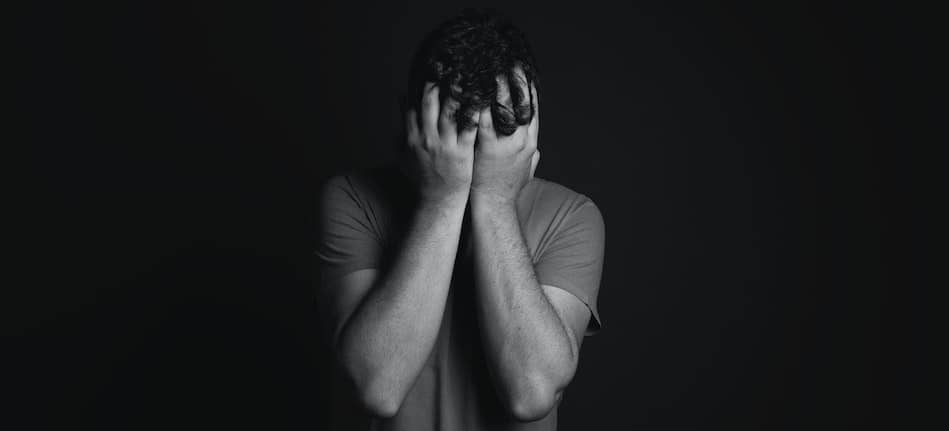
Table of contents
Dissociative disorders and addiction commonly co-occur, making recovery more difficult.1 Both conditions can make day-to-day functioning very hard, and to cope with the symptoms of a dissociative disorder, a person may be more likely to abuse drugs or alcohol.
Related post: An In-Depth Overview of Drug Use and Co-Occurring Disorders
Since many people suffer from dissociative disorders and addiction simultaneously, let’s take a closer look at how these disorders are related and how dual diagnosis treatment can be most beneficial.
What are dissociative disorders?
The American Psychiatric Association defines dissociative disorders as “problems with memory, identity, emotion, perception, behavior and sense of self” that disrupt every area of mental functioning.2 People who suffer from dissociation often feel like they are detached or outside of themselves or their memories. This involuntary break from reality can influence a person’s behavior, emotional state, and overall sense of self. Ultimately, these effects can jeopardize one’s well-being and safety.
Often, traumatic experiences are the main cause of dissociative disorders. For instance, about 90 percent of people with a dissociative disorder in the U.S., Canada, and Europe were victims of childhood abuse and neglect.2 However, other types of traumatic events can also cause dissociative disorders, such as natural disasters or combat experiences. After the initial onset, extreme emotional or physical stress can trigger future episodes.
Symptoms of dissociative disorders
The most common symptoms of dissociative disorders include:
- Memory loss (such as not being able to remember specific times, people, or events)
- Out-of-body experiences
- Mental health problems like anxiety, depression, or suicidal ideation (thinking about suicide)
- Emotional numbness
- A lack of a sense of self
The symptoms will vary depending on the type of dissociative disorder a person has. However, they often increase the likelihood that someone will develop a substance use disorder.
What types of dissociative disorders are there?
The Diagnostic and Statistical Manual of Mental Disorders (DSM) lists three types of dissociative disorders:3
- Dissociative amnesia: When someone has dissociative amnesia, they’re unable to remember information about themselves. For example, a person might not remember the details of a specific traumatic event. Often, an episode comes on suddenly and can last for minutes, hours, or days. Very rarely, an episode can last for months or years. It’s common for someone to experience multiple episodes over their life.
- Depersonalization disorder: People with this type of dissociative disorder may feel detached from themselves and their emotions, as if they’re watching a movie of their life (depersonalization). Or, they may believe that the people, places, or things around them are not real (derealization). Most people with this disorder start experiencing symptoms before the age of 20, with the average age of onset being 16.
- Dissociative identity disorder: This condition used to be called “multiple personality disorder” and is characterized by alternating between different identities. Each identity has its own mannerisms, voice, and characteristics. People with DID will have significant memory gaps and may not be able to remember certain everyday events, personal details, or trauma.
All three of these types of dissociative disorders elevate individuals’ risk for addiction. They may also be more likely to suffer from anxiety, depression, post-traumatic stress disorder (PTSD), borderline personality disorder (BPD), and suicidal ideation.
Can drugs cause dissociative disorder?
Dissociative disorder is most often caused by trauma, but substance abuse usually intensifies the symptoms of mental health disorders like dissociative disorders.
For example, factors like trauma and dissociation are strong predictors of alcohol dependence and addiction. Although it can provide temporary relief from emotional and psychological discomfort, it can cause dissociative amnesia via blackouts or brownouts. People under the influence of alcohol are also more likely to act impulsively when they’re triggered by traumatic memories or emotions.
Additionally certain drugs may produce acute dissociative symptoms, like marijuana, MDMA (ecstasy), and cocaine.4,5 Studies show certain prescription drugs may also produce dissociative symptoms and disorders.6
Dissociative disorders and addiction: How are these disorders linked?
Drugs or alcohol trigger or intensity existing symptoms of dissociative disorders. Many people with dissociative disorders use drugs or alcohol to avoid the symptoms or cope with them. Unfortunately, the symptoms tend to return even stronger after the side effects of the substances wear off and many addictive substances trigger dissociative symptoms.
Consequently, the cycle continues: people increase their drug usage in an effort to cope with the worsening symptoms. Additionally, while they’re under the influence of alcohol or drugs, they might use substances they wouldn’t otherwise touch due to the risks.
Treatment for dissociative disorders and co-occurring addiction
For those with a mental health disorder (like a dissociative disorder) and substance use disorder, it’s not effective to only treat one condition. In doing so, one condition will typically aggravate the other and cause further problems for the affected person, making recovery difficult.
Instead, dual diagnosis care treats both conditions simultaneously. Research shows an integrated treatment plan is the most effective way to help someone with a dissociative disorder and co-occurring addiction heal and recover.7 In these instances, the following types of therapy may be used to treat both conditions:
- Cognitive behavioral therapy (CBT)
- Dialectical behavioral therapy (DBT)
- Eye Movement Desensitization And Reprocessing (EMDR)
- Motivational interviewing
- Individual therapy
- Group therapy
- Family therapy
Sometimes, treatment specialists may also include prescription medications in a person’s treatment plan. Of course, any prescriptions are heavily monitored and limited.
Related post: 5 Signs You Might Be Self-Medicating to Deal With Stress
Get dual diagnosis treatment at Nova Recovery Center
If you or a loved one is suffering from co-occurring mental health and substance abuse problems, the experienced treatment professionals at Nova Recovery Center are here to help. Our multidisciplinary team of treatment specialists creates individualized recovery programs for each client based on their substance abuse history, physical and mental health conditions, and treatment needs. Please call (888) 427-4932 or contact us online today to get started with outpatient or inpatient drug rehab Austin TX.
References:
- https://www.nursingtimes.net/clinical-archive/public-health-clinical-archive/dissociation-in-adults-with-a-diagnosis-of-substance-abuse-20-05-2003/
- https://www.psychiatry.org/patients-families/dissociative-disorders/what-are-dissociative-disorders
- https://www.nami.org/About-Mental-Illness/Mental-Health-Conditions/Dissociative-Disorders
- https://psychiatryonline.org/doi/10.1176/appi.ajp-rj.2018.130202
- https://pubmed.ncbi.nlm.nih.gov/26003508/
- https://pubmed.ncbi.nlm.nih.gov/2656780/
- https://nida.nih.gov/sites/default/files/rrcomorbidity.pdf
Call Us Now and Begin Healing at (512) 605-2955
Or text us and we will call you right back.
Not quite ready for a call? You can fill out the form below.
What Makes Us Different
- Gender-specific treatment
- Evidenced-based treatment
- 12-Step immersion
- 90-day residential treatment
- Family program
- Full continuum of care
- Insurance and private pay
100% Confidential Guarantee
Confidential Consultation
Nova Recovery Center is dedicated to helping you or your loved one get help. Please call or fill out this form for a confidential consultation.
One of our understanding, dedicated advisors will contact you about your options. Begin healing today.
Nova Recovery Center is dedicated to helping you or your loved one get help. Please call or fill out this form for a confidential consultation. One of our understanding, dedicated advisors will contact you about your options. Begin healing today.





